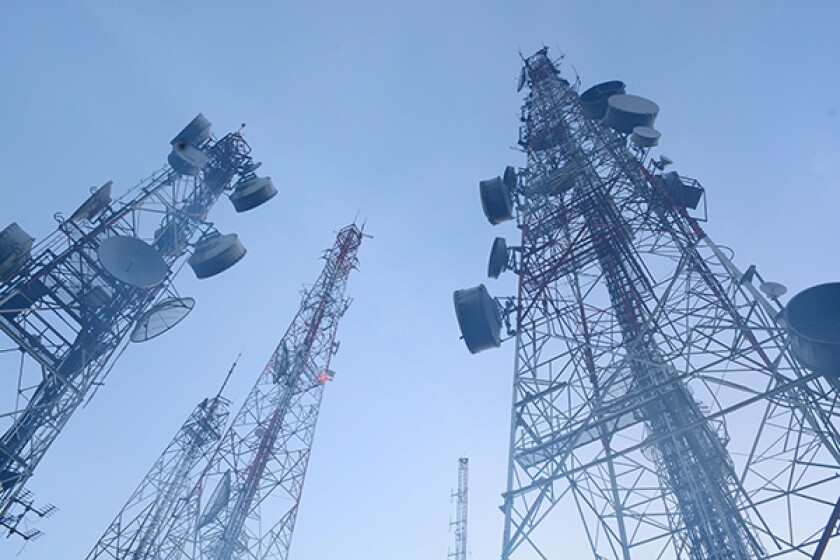The New Zealand government has announced that from October 1 2020 "[t]he GST [goods and services tax] treatment of most telecommunications services [will] be aligned with the treatment of other remote services and determined based on the residency of the consumer". The proposed changes would result in outbound mobile roaming services received by New Zealand residents overseas being subject to GST at the standard rate of 15%.
Current law
New Zealand's GST is intended to apply to most goods and services consumed in New Zealand. For cross-border telecommunication services, the imposition of New Zealand GST under current law is broadly determined by the location of the consumer at the time that the service is initiated.
For example, a supply of telecommunications services to a person (not being an overseas telecommunications supplier) is not subject to GST if the supply is initiated outside New Zealand, such as when a New Zealand resident initiates a service (e.g. by placing a call) while visiting another country. Consequently, global roaming services supplied to a New Zealand resident are not subject to GST.
Imposing GST based on the consumer's place of residence
New Zealand officials consider that using the place where the supply is initiated as the proxy for the place of consumption of cross-border telecommunication services is "now out-of-date and inconsistent with international best practice" as reflected in OECD guidance. The proposed change, which is intended to reflect the OECD guidance, would be to impose GST at the standard rate of 15% on roaming services supplied to New Zealand residents, even though those services are consumed outside New Zealand.
Officials' argument that the change will make New Zealand's rules consistent with international practice has been met with scepticism by some commentators. Australia is, by far, the main country of origin for visitors to New Zealand and number one destination for outbound travellers from New Zealand, and its GST rules for telecommunications services are similar to New Zealand's rules.
The proposed change would result in the "repeal [of] most of the special rules applying to telecommunications services" such that "telecommunications services would generally be treated as remote services". New Zealand's remote services rules took effect on October 1 2016 and generally impose GST on remote services supplied by non-resident suppliers to New Zealand resident consumers, by requiring non-resident suppliers to register with Inland Revenue and return GST on these supplies. Officials have noted that "inbound roaming services supplied [by a non-resident supplier] to non-residents inside New Zealand would no longer be potentially subject to GST" and that "telecommunications services supplied by a resident supplier to non-residents outside New Zealand would remain zero-rated".
Proposed rule for purchase of local SIM
The remote services rules require that a supplier treat a person as a resident in New Zealand if two pieces of non-conflicting evidence support that conclusion. Various proxies are prescribed for that purpose, including the consumer's billing address, bank details, IP address, country code as stored on the consumer's SIM card, or other "commercially relevant information".
To address the potential difficulty of applying the rules to visitors using a local SIM card, it is proposed that the residency of a consumer using such mobile telecommunications services be determined solely by the country code of the SIM card used to receive those services. This would mean that mobile telecommunications services a visitor to New Zealand receives through a New Zealand SIM card would be subject to GST even if the visitor is a non-resident.
Russell McVeagh
T: +64 4 819 7748
E: brendan.brown@russellmcveagh.com and young-chan.jung@russellmcveagh.com













